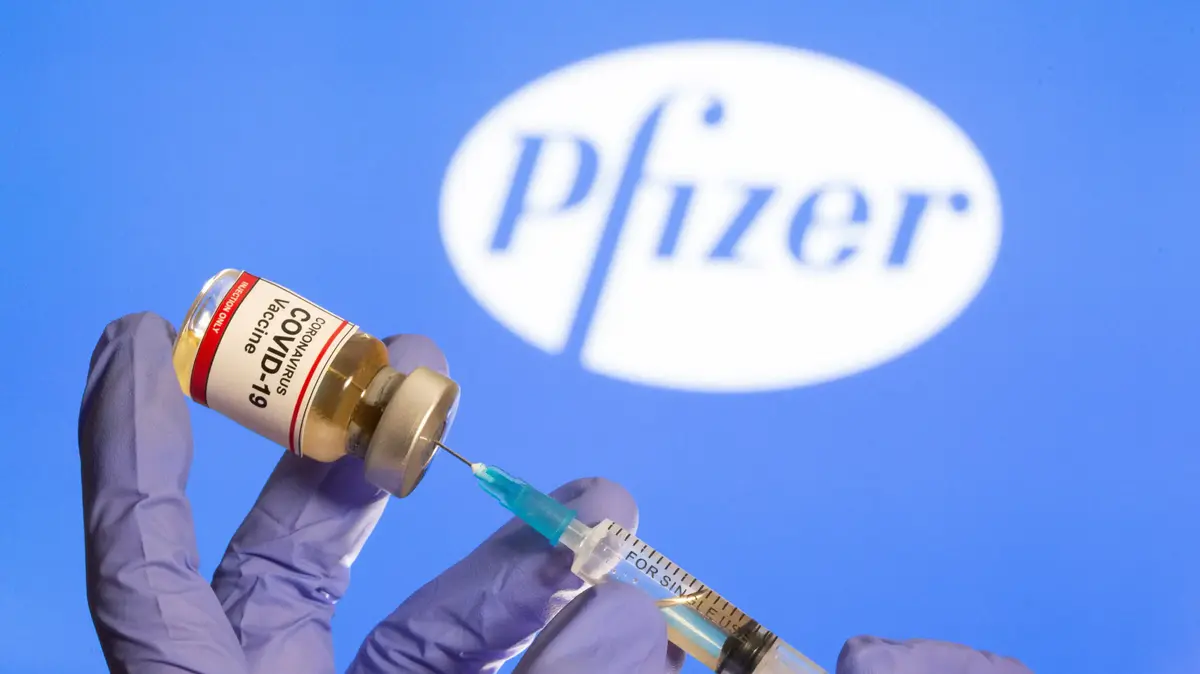After further thrombosis cases, the corona vaccine Vaxzevria from Astrazeneca is initially only vaccinated in people over 60.
But when do side effects occur?
Since its approval in Germany, the Astrazeneca vaccine has caused a rollercoaster of emotions.
After the vaccine was initially only given to people under 65 years of age because there was insufficient data on older vaccinees, the Standing Vaccination Commission (STIKO) has now revised its recommendation - from now on the vaccine, which is now called Vaxzevria, should primarily used in people over the age of 60 *.
The background to this are several cases of cerebral vein thrombosis in younger people after vaccination.
Astrazeneca corona vaccine: when do side effects occur?
First of all, a distinction must be made between vaccine reactions and side effects, as the Federal Ministry of Health informs on its website.
Vaccination reactions occur immediately after the vaccination and usually disappear again after a day.
They show that the body's immune system is responding to the vaccine and are harmless.
Side effects, however, can occur four to 16 days after the vaccination
.
These should be reported to the doctor immediately.
What are the side effects of vaccination with the Astrazeneca vaccine?
The vaccinations with the vaccine from Astrazeneca were temporarily suspended in March after an
increase in blood clots in the cerebral veins occurred in connection with a vaccination
.
Whether there is actually a connection between the Vaxzevria vaccination and sinus vein thrombosis is currently being investigated.
31 such cases had been reported to the Paul Ehrlich Institute (PEI) by noon on Monday (March 29).
As the WDR reports, a lack of blood platelets (thrombocytopenia) was also found in 19 cases.
Except for two cases, all those affected were women between the ages of 20 and 63.
Nine of the patients have died.
The
risk of such a side effect is
relatively low
at 1: 100,000
, as Bernd Salzberger, Head of Infectious Diseases at the Regensburg University Hospital and Chairman of the German Society for Infectious Diseases,
explains
according to
deutschlandfunkkultur.de
.
Since the likelihood of thrombosis is higher for some groups such as young women, it makes sense not to vaccinate younger people with this vaccine.
Nevertheless, Vaxzevria can also be vaccinated to younger people at your own request and after detailed information, as stated on the website of the Federal Ministry of Health.
The use of the vaccine is at the doctor's discretion.
Also interesting
: Covid-19 will soon be as harmless as a cold?
Researchers with an incredible corona forecast.
Are headaches after the Astrazeneca vaccination an indication of sinus vein thrombosis?
According to experts from the German Society for Neurology (DGN), headaches after a corona vaccination are a
very common side effect
that usually disappears again soon.
Therefore, those affected usually do not have to worry.
Only those who
notice
new and unusually severe headaches
for several days in the first two to three weeks after the vaccination
that cannot be relieved with conventional painkillers should seek further diagnostics.
An indication of a platelet deficiency can be small, punctiform bleeding into the skin, especially on the arms and legs.
According to the European Medicines Agency (EMA), those affected should see a doctor immediately if these symptoms and other symptoms include shortness of breath, chest or stomach pain, swelling or coldness in an arm or leg, or persistent bleeding.
Astrazeneca: These are the most common vaccine reactions to Vaxzevria
According to the Robert Koch Institute, common reactions to vaccination with the vector-based vaccine Vaxzevria include local reactions such as
pain at the injection site
(54.2 percent) and a
feeling of
tension
(63.7 percent).
The main systemic reactions were
fatigue
(53.1 percent),
headache
(52.6 percent) and a
feeling of illness
(44.2 percent).
(fk) * Merkur.de is an offer from IPPEN.MEDIA.
Also read
: Corona vaccination: This is how long you should refrain from alcohol before and after.
Ten antihypertensive foods
Ten antihypertensive foods







